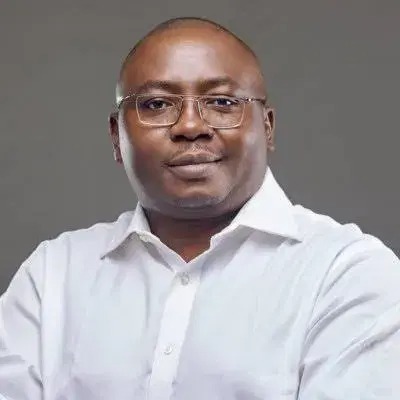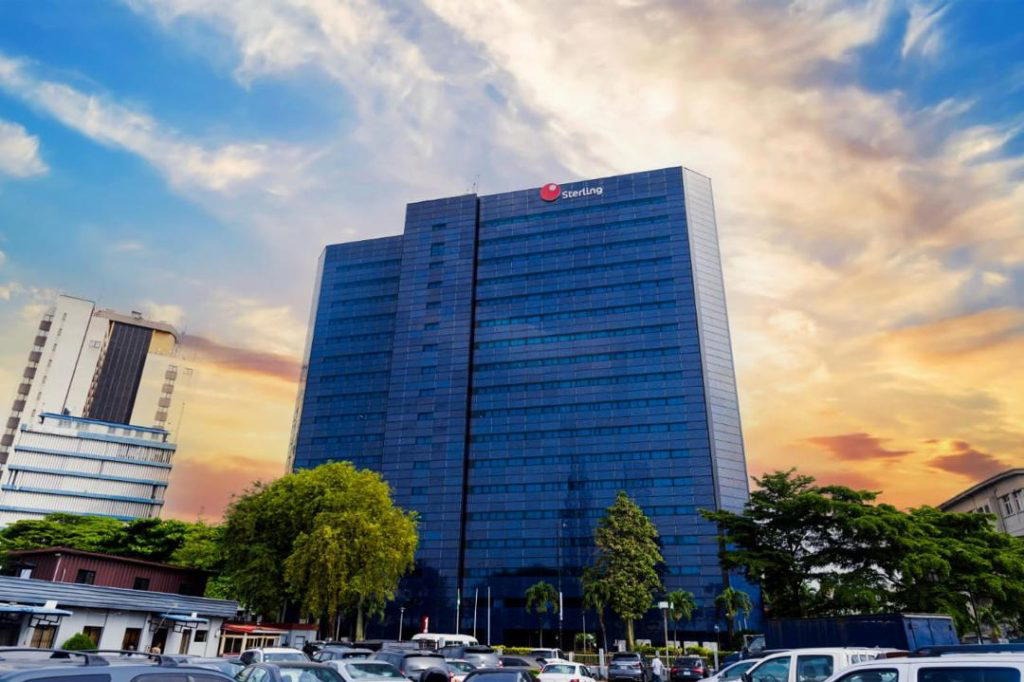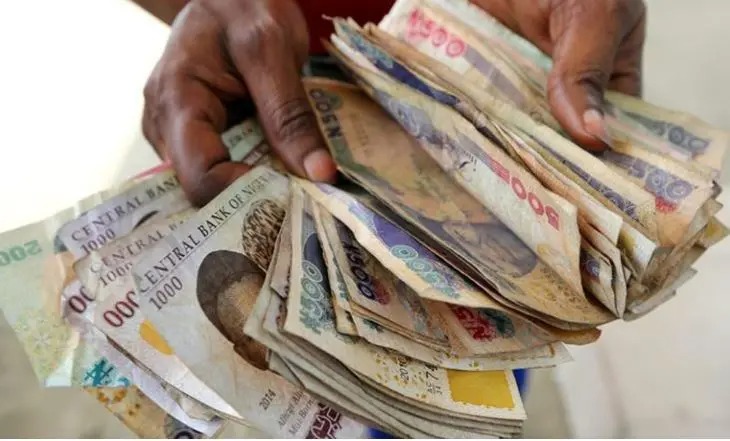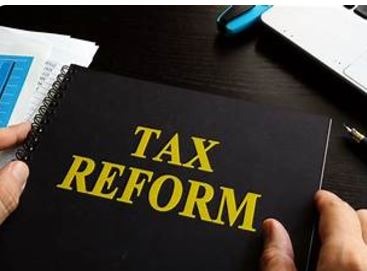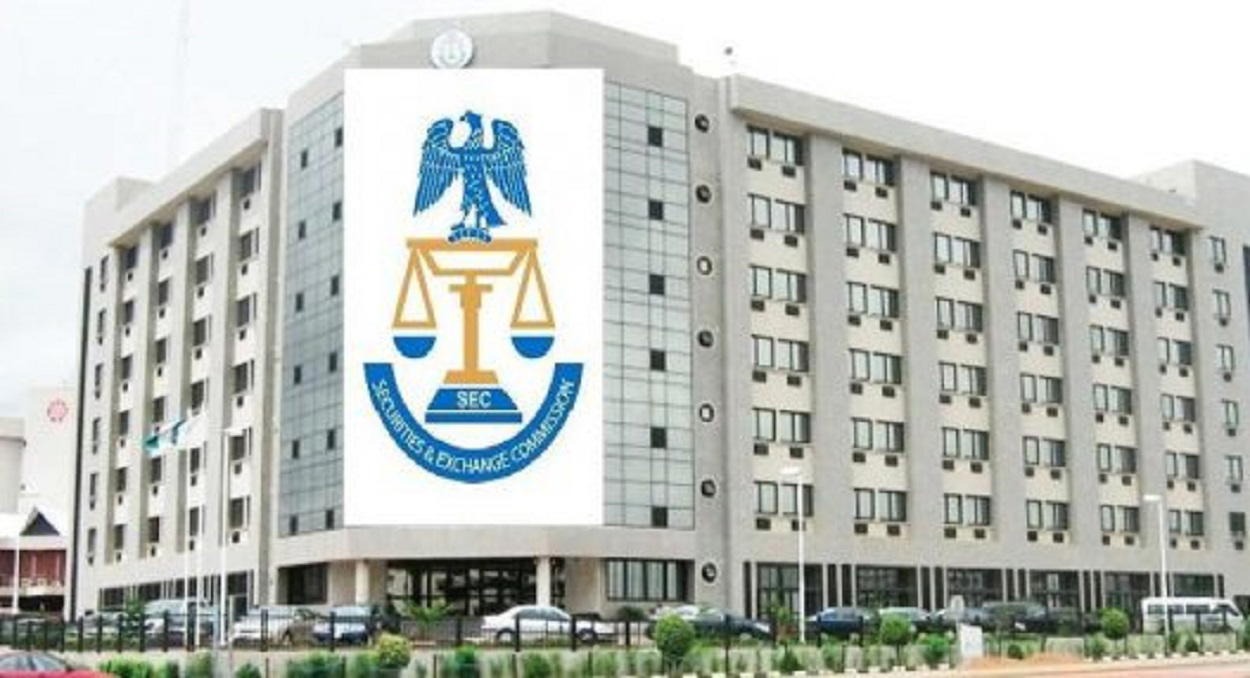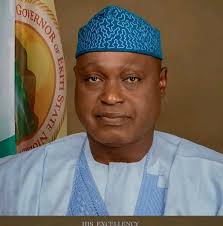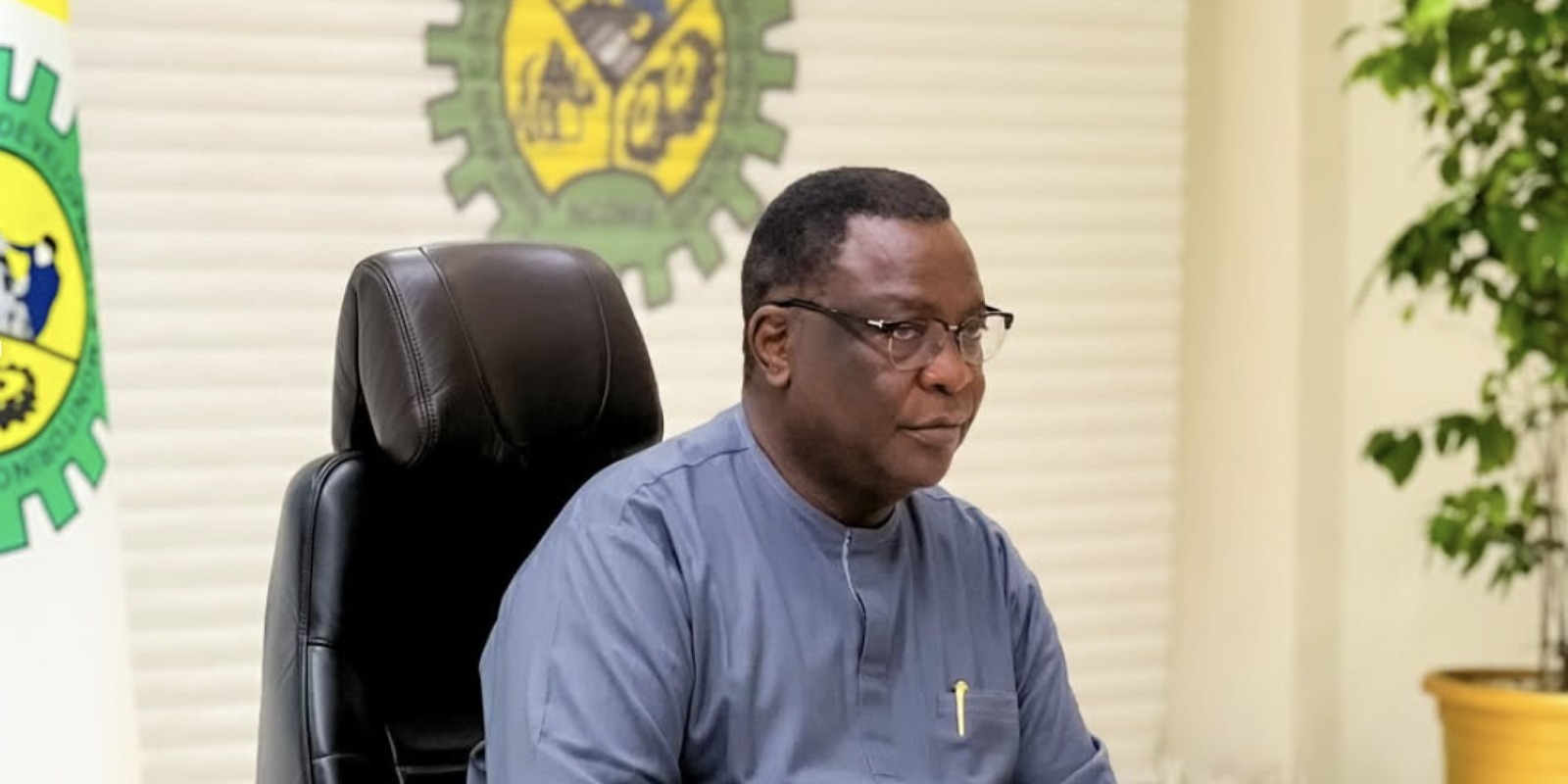Six banks in the country have posted N3.41 trillion as Profit After Tax (PAT) for the year 2024 ended against the N2.1 trillion recorded in the 2023 financial year.
This is in spite of diverse transaction and service complaints, dissatisfaction among customers and the challenging economic situation of the country.
The figure represents a 62.38 per cent increase from the amount recorded during the 2023 financial year (FY).
The News Agency of Nigeria (NAN) correspondent, who monitored banks’ 2024 audited financial statements posted on the Nigerian Exchange Group (NGX) platform, reveals that all the banks recorded increase in their gross earnings.
Similarly, their Profit Before Tax (PBT) rose to N4.1 trillion in 2024, which represents 42.7 per cent increase compared to N9.61 billion recorded in the corresponding period in 2023.
The banks analysed include Zenith Bank Plc, Guaranty Trust Holding Company (GTCO) Plc, United Bank for Africa (UBA) Plc, Fidelity Bank Plc, Stanbic IBTC Holdings PLC and Wema Bank Plc.
The banks attributed the profit to equity holders, non-controlling interests, earning per share (basic and diluted).
As part of its earnings, GTCO announced a final dividend of N7.03 per share, which brought the total dividend for the 2024 financial year to N8.03 per share, against the N3.20 per share paid in 2023.
Zenith proposed a final dividend of N4.00 per share in addition to N1.00 per share interim dividend, which amounted to N5.00 per share.
UBA proposed a total dividend of N5.00 per share, while Fidelity proposed a final dividend of N2.10 per ordinary share, and Stanbic IBTC proposed a final dividend of N3.00 against N2.20 paid in N2023.
Similarly, the banks’ donations to charitable and non-political organisations rose to N969 billion for the 2024 FY compared to their N2.6 billion contribution in 2023.
However, there were still unresolved customers’ complaints recorded by the banks.
GTCO received 941,241 complaints and resolved 935,081, leaving 7,998 complaints unresolved, while UBA received 3,210,708 complaints and resolved 2,090,122 out of them, leaving 1,120,907 unresolved for the 2024 FY.
Zenith Bank has 203,787 complaints including the ones brought forward and resolved 202,384, leaving 1,403 unresolved.
Wema Bank received 783,461 and resolved 780,063, leaving 11,372 complaints unresolved, including the number carried forward (C/F).
Reacting to these headwinds, financial experts urged the Central Bank of Nigeria (CBN) to step up its monitoring and supervisory role to ensure that banks are not over-charging customers.
Prof. Uche Uwaleke, the President, Capital Market Academics of Nigeria (CMAN), told NAN that
the CBN’s Monetary Policy Committee (MPC) enabled a number of banks to increase interest income.
Uwaleke said that interest income made lending rates to increase without commensurate increase in savings rates.
He said that other factors which led to growth in banks’ profits exchange rate, included the depreciation of the Naira, which made banks holding foreign denominated assets to benefit.
According to him, there is the issue of the banking sector recapitalisation, which enables banks to raise some money from the capital market and invest in Information Technology (IT) infrastructure.
”It is very true that a number of banks, especially the tier 1 banks, are declaring huge profits in spite of the economic situation in the country.
“The reason is not far-fetched. If you recall, 2024 was characterised by a high interest rate environment.
”The economy is still experiencing weak growth and we see that in virtually all the sectors, particularly the risk sectors of the economy, manufacturing, agric, did not really make any meaningful growth in 2024,” he said.
He, however, noted that the services sector had powered growth, adding that the banking sector is within the services sector.
“Now how do we really bridge this disconnect, this gap between the financial sector and the risk sector and how do we also ensure that the bank customers also begin to have a feel of the fortunes of banks, if one might put it that way?
”The CBN needs to really monitor and supervise the banks to ensure that they are not overcharging the customers.
”I know there is the recommended bank charges by the CBN for banks, but it is important for the regulator to ensure that customers don’t bear the brunt of some of the inefficiencies we see from some banks,” he said.
Uwaleke said the CBN should also advise advise banks to increase savings rates in tandem with lending rates.
”It is also the duty of the CBN to ensure that whenever the policy rate is increased, as we saw in 2024, usually banks are quick to increase lending rates, but savings rates don’t usually respond by as much.
”So the CBN needs to advise the banks on the margin between savings and the lending rates that it shouldn’t exceed a particular limit.
”So it is important that savings rates increase in tandem with lending rates each time policy rates are increased,” he suggested.
The expert said that customers were also very important stakeholders in the banking business, hence the need for the CBN to protect them.
Mr Okechukwu Unegbu, a former President of the Chartered Institute of Bankers of Nigeria (CIBN) said that banks usually initiate all forms of charges at the expense of their customers.
Unegbu regretted that some customers were reluctant about challenging their banks in the event of some ‘illegal’ charges.
”Banks charge all sorts even illegal charges and if customers complain they won’t respond because they feel that money is not much.
”Customers are docile too, they are sleeping, they should wake up and take these banks to court for some of these illegal charges,” he said.
The customer will say for example, is it because of N50 that I’m going to court?
”It is not the N50 but the underlining principle and the banks are using this as a very good excuse to rip customers of their hard earned money.
”If you charge N50 to 1,000 customers, you can see how much it is,” he said.
Unegbu called on Bank Customers Association of Nigeria (BCAN) to rise up to their responsibility by holding banks accountable for their ‘unfair’ actions to customers.
Some bank customers who spoke to NAN alleged that there complaints to their banks on transaction failure and debits had yet to be resolved by the banks.
Mrs Catherine Itoha, a customer of GTCO, said the bank had yet to reverse over N20,000 debited from her account through various failed Point of Sale (PoS) transactions since 11 months.
Itoha urged some banks and their staff to adopt principles of fair practice in handling their customers.
”Customers are the reason why banks are in existence so, we deserve to be treated fairly.
”GTB debited me in about four different transactions that I did but up till now, they did not reverse any of these monies.
”I visited the bank, filled forms, spoke to their staff personally but still the issue was not resolved since last year,” she said.
Mr Augustine Ode, a Zenith Bank customer, appealed to the CBN to check the excesses of some banks, who were allegedly defrauding customers and posting huge profits.

